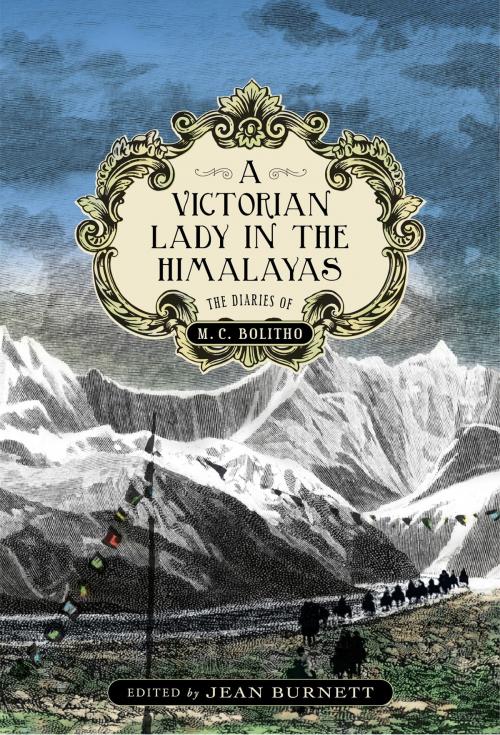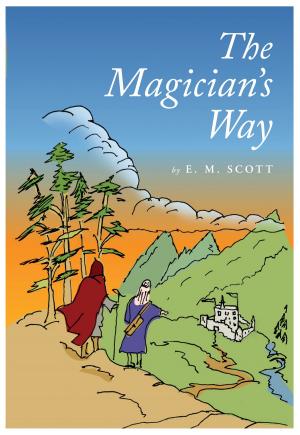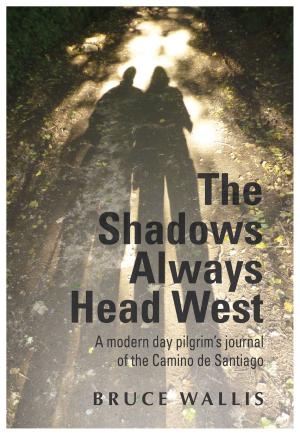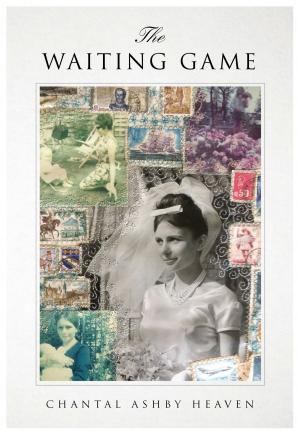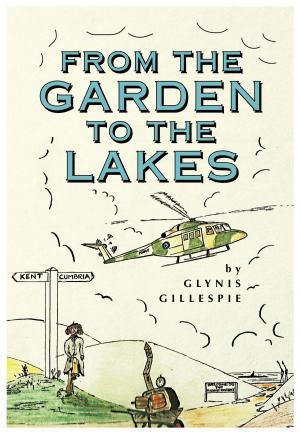| Author: | MC Bolitho | ISBN: | 9781785451553 |
| Publisher: | Brown Dog | Publication: | March 8, 2017 |
| Imprint: | Brown Dog | Language: | English |
| Author: | MC Bolitho |
| ISBN: | 9781785451553 |
| Publisher: | Brown Dog |
| Publication: | March 8, 2017 |
| Imprint: | Brown Dog |
| Language: | English |
Crossing the high Himalayan passes in the middle of winter on horseback is not for the faint-hearted. The Victorian traveller, Maria Caroline Bolitho, although largely unknown, was cur from the same seasoned cloth as more famous women explorers of the time. Undaunted by weather, altitude sickness, lack of food or appropriate clothing, she set off for Ladakh in 1896 accompanied by a female companion and a retinue of largely unwilling guides, porters, grooms and cooks. 'Hospitality in Ladakh was warm but basic...' Miss Bolitho was a keen observer and a faithful recorder of people, customs and dress, as well as flora and fauna. She pondered on the behaviour of yaks and the correct way to eat mangos - 'before a bath' - as well as noting the difficulty of washing clothes. This was unheard of in Ladakh where neither bodies nor clothes were ever washed. Her goal was to see the celebrated devil dances at Hemis monastery in Leh, the capital of Ladakh, at a time when few foreigners and no females had witnessed the event. Her love of wild, unexplored places shines through in this account of a lost world.
Crossing the high Himalayan passes in the middle of winter on horseback is not for the faint-hearted. The Victorian traveller, Maria Caroline Bolitho, although largely unknown, was cur from the same seasoned cloth as more famous women explorers of the time. Undaunted by weather, altitude sickness, lack of food or appropriate clothing, she set off for Ladakh in 1896 accompanied by a female companion and a retinue of largely unwilling guides, porters, grooms and cooks. 'Hospitality in Ladakh was warm but basic...' Miss Bolitho was a keen observer and a faithful recorder of people, customs and dress, as well as flora and fauna. She pondered on the behaviour of yaks and the correct way to eat mangos - 'before a bath' - as well as noting the difficulty of washing clothes. This was unheard of in Ladakh where neither bodies nor clothes were ever washed. Her goal was to see the celebrated devil dances at Hemis monastery in Leh, the capital of Ladakh, at a time when few foreigners and no females had witnessed the event. Her love of wild, unexplored places shines through in this account of a lost world.
